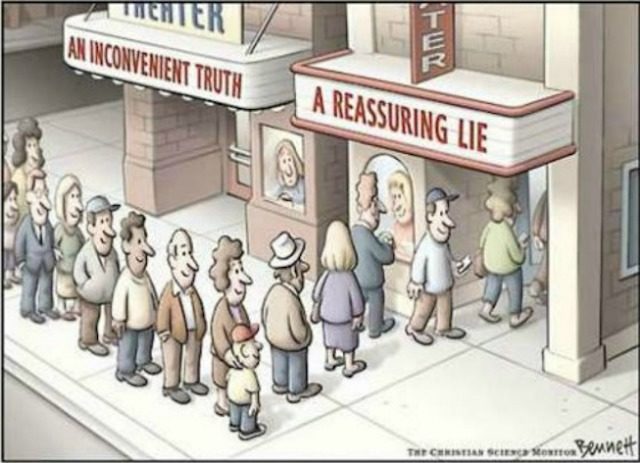OF THE
TIMES
I've had enough of someone else's propaganda. I'm for truth, no matter who tells it. I'm for justice, no matter who it's for or against. I'm a human being first and foremost, and as such I am for whoever and whatever benefits humanity as a whole.
Elephant Seal in BC today, is RC fascinated? RC knows why he's on the other side, prematurely. 😔 [Link]
They're starting to 'eat their own'.......running scared, looking to see who will be the scapegoat since some lawsuits are starting to emerge....
This article seems a bit " homo-sapiens-centric " "Adoption of stone tools or fire, or intensive hunting techniques, are extremely flexible...
Sadly, the next time it will be the same. Most people will do whatever they are told, whatever the consequences. In a way, I think there are...
Is mRNA a Vaccine or Gene Therapy? Why Does Dr. Drew Still Vaccinate Elderly Patients? w/ Tom Renz & Ex-Pharma Executive Sasha Latypova – Ask...
To submit an article for publication, see our Submission Guidelines
Reader comments do not necessarily reflect the views of the volunteers, editors, and directors of SOTT.net or the Quantum Future Group.
Some icons on this site were created by: Afterglow, Aha-Soft, AntialiasFactory, artdesigner.lv, Artura, DailyOverview, Everaldo, GraphicsFuel, IconFactory, Iconka, IconShock, Icons-Land, i-love-icons, KDE-look.org, Klukeart, mugenb16, Map Icons Collection, PetshopBoxStudio, VisualPharm, wbeiruti, WebIconset
Powered by PikaJS 🐁 and In·Site
Original content © 2002-2024 by Sott.net/Signs of the Times. See: FAIR USE NOTICE

Comment: See also: Daniel Kahneman: How your cognitive biases act like optical illusions